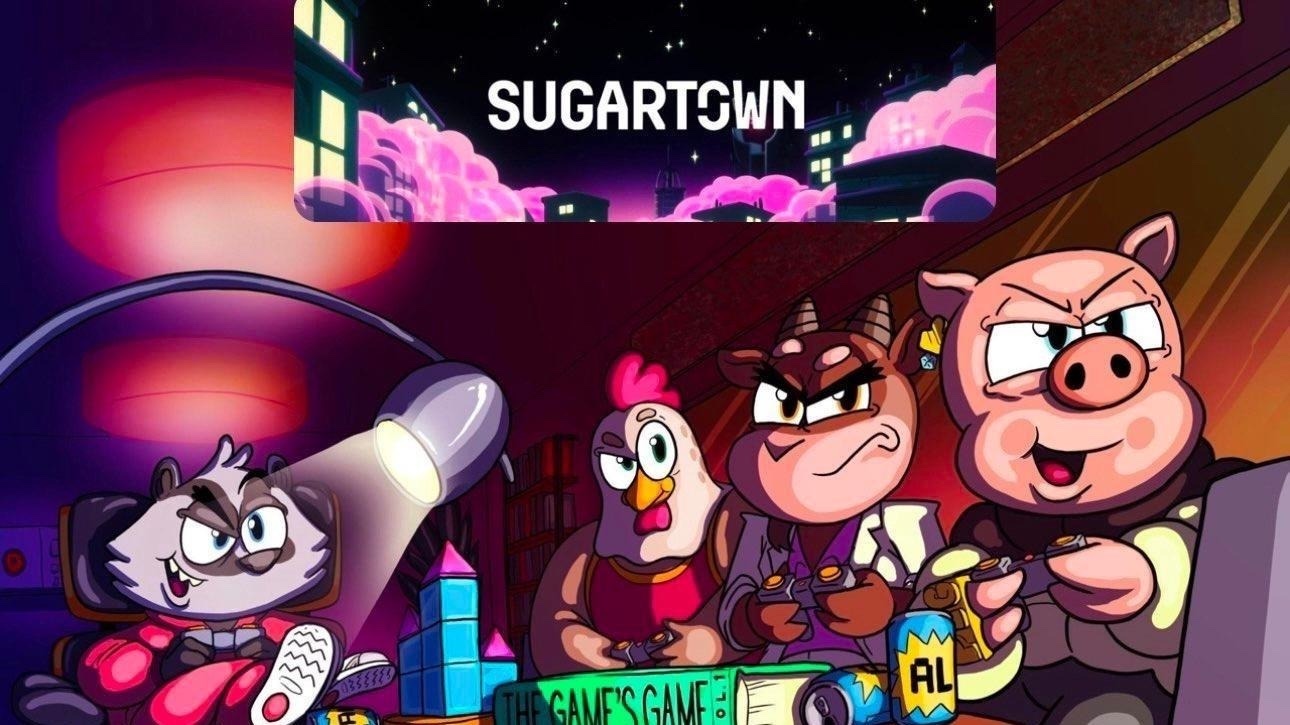The standard unidirectional sale of goods from developers to players is, in essence, a misaligned command economy, which has been shown across economic history to be very difficult to properly manage; keeping up with demand, and supplying the right goods to meet changing needs, is challenging without the robust signals that marketplaces can provide.
By embracing tokenized assets, game developers also embrace a better alternative economic model to solve these challenges: What we call community economics. A number of benefits arise as a result:
- Player and developer interests are aligned: In-game peer-to-peer marketplaces enable the secure, trustless transfer of assets and value, reducing the need for third-party markets (though items on blockchain can be transferred on third-party platforms as well). Players can make an income selling in-game assets, which developers can benefit from by taking a share of each transaction, creating a “win-win” scenario in which both players and developers have an interest in enhancing item turnover and thus, the expansion of game economies.
- Value is created for players: Player purchases are transformed from pure expenditures (currently valued at over $100 billion per year) into asset investments. True ownership empowers players with the agency to resell assets, to invest stakes into new items, and to develop entrepreneurial capacities — for example, item leasing, service economies where players are paid to earn items for other players, or even banking and mercantile enterprises, all of which grow the overall game economy.
- Asset provenance eliminates the need for “trust”: Because the history, authenticity, and ownership status of an asset is immutably preserved and independently verified by the blockchain, players have explicit, transparent evidence of the value and integrity of their assets. The greater the trust in a system, the larger the economy built on top of it can grow.
- Smart contracts allow for new incentive structures: Developers can design novel incentive structures to reward or incentivize players for actions that support the game community. For example, developers could design a smart contract that grants in-game currency to a high level player for helping a new player through a dungeon for the first time.
- Blockchain governance allows players to have a share of voice in the direction of games or in-game institutions: Games can incorporate governance mechanisms that allow players to vote and influence decisions in-game, either among themselves (e.g., guild governance) or for the game overall. This, too, enhances trust in the system, encouraging the growth of the game and its economy.
As tokenized assets become more complex, the interactions among them become more sophisticated — as do the economies that they make possible. For developers, the creation of ownable assets and the subsequent emergence of robust, collaborative economies in which both they and players participate has an array of positive benefits: It aligns player interests and agendas with theirs, since both now have a real stake in evangelizing the game and expanding the game economy. It produces new revenue streams, which supplement rather than replace existing ones. And it makes games more sustainable over time, as the ability to own, buy, sell and earn from play will encourage players to be more loyal and to integrate these games more deeply into their lives.
Want to learn more about how tokenized assets can shape more efficient game economies? Read our in-depth article here.



